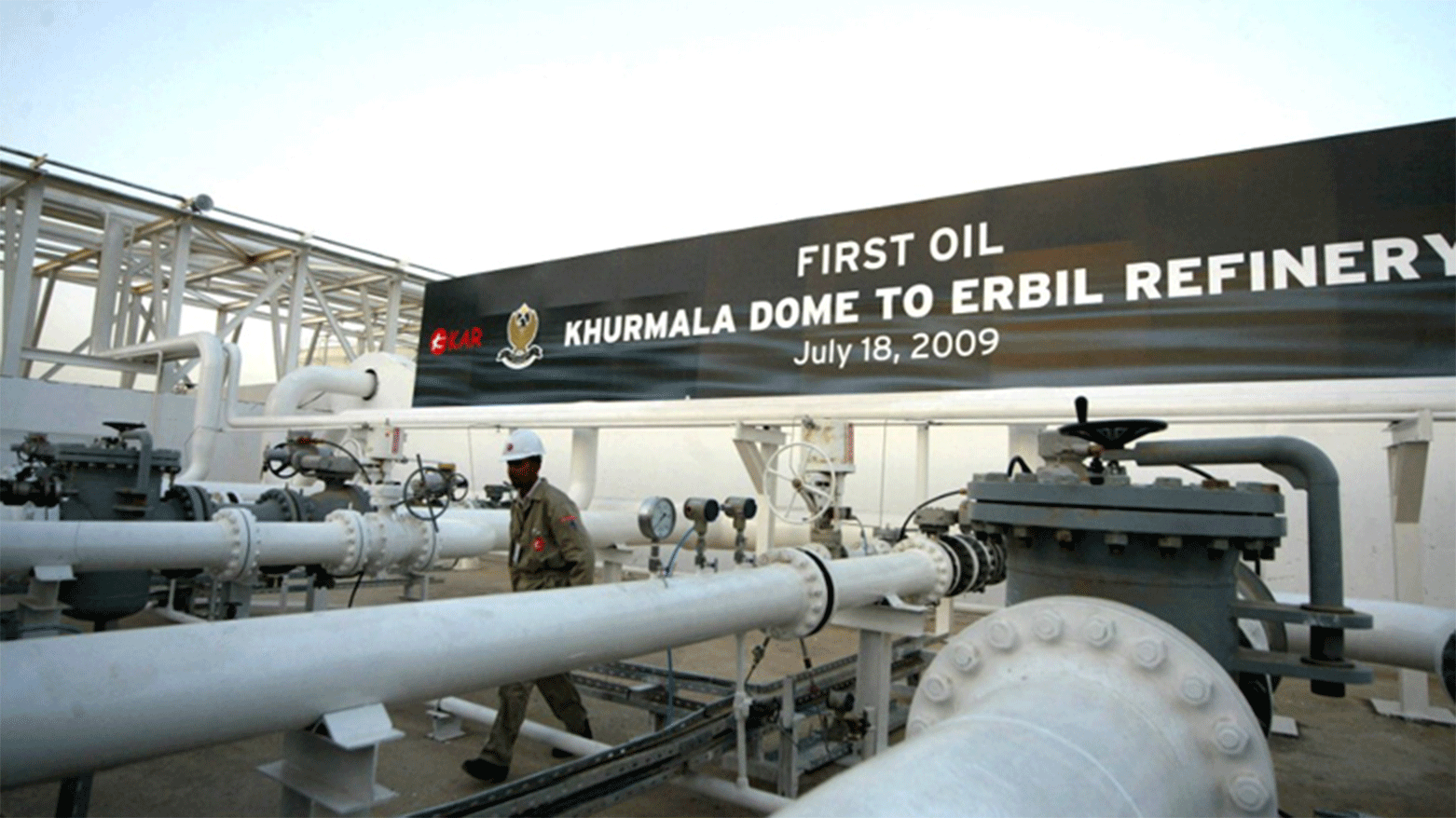APIKUR, Iraqi government delegation stress the urgency of resuming oil exports
The two sides underscored the need to fully restore oil production and exports to international energy markets under mutually agreeable commercial terms.

ERBIL (Kurdistan 24) – Representatives from the Association of the Petroleum Industry of Kurdistan (APIKUR) on Wednesday in Dubai met with senior members of various Iraqi institutions and companies, including the Iraqi Ministry of Oil, the State Organization for Marketing of Oil (SOMO), and the North Oil Company, according to a statement from APIKUR.
The two sides underscored the need to fully restore oil production and exports to international energy markets under mutually agreeable commercial terms.
APIKUR suggested that SOMO negotiate crude oil purchase/sale contracts with its association members as the quickest route to recommence exports via the Iraq-Türkiye Pipeline.
The Iraqi government delegation accepted that all parties, including the Kurdistan Regional Government, would need to agree to the terms of the contracts.
The Iraqi side then insinuated that their Kurdish counterparts would be responsible for paying Iraq the profits made from the independent sale of Kurdish oil, an argument that has drawn much criticism from Erbil.
Meanwhile, APIKUR Representatives reaffirmed that the production-sharing contracts that are now in effect are valid and that the current commercial terms must continue.
APIKUR was founded in 2023 by international upstream oil and gas companies active in the Kurdistan Region with the goal of promoting it as an attractive destination for the gas and oil sector.
The export of Kurdish oil has been halted since March 25 after Iraq claimed victory against Turkey at a Paris-based international court for allowing the KRG to independently export its oil.
The Kurdistan Regional Government (KRG), Turkey, and Iraq have participated in several rounds of negotiations since then to resume the export, whose loss is estimated to be over $7 billion.
Prior to the halt, the Kurdish region was independently exporting 450,000 barrels of oil per day through the pipeline, which was also sending another 100,000 barrels of Iraqi oil from Kirkuk Province.